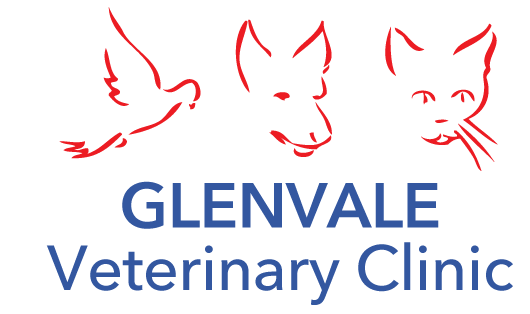
New canine vaccination regime
For as long as we have been in practice, the vaccination protocol for dogs has been annually C5. The C5 vaccine protects against Distemper (D), Hepatitis (H), Parvovirus (P), Bordetella Bronchiseptica (BB) & Parainfluenza(P) (BB & P are the respiratory vaccines commonly known as Kennel Cough).
After recent studies, it has been shown that the Distemper, Hepatitis and Parvovirus component of the C5 vaccine has a lingering effect for 3 years or more. This means, that we only need to vaccinate against distemper, hepatitis & parvovirus for 3 years. The respiratory vaccines (Kennel Cough) still require an annual booster. Most boarding kennels are aware of the updated vaccination protocol however some will still require your dog to have a C5 vaccination each year. We recommend you speak to your boarding kennel to see what their protocol is.
Next time you’re in the clinic please feel free to discuss your dog’s vaccination regime with us.
Surprised by the cost of boarding kennels this Christmas?
Why not take your furry friend with you next time?
There are quite a number of places that will allow you to bring your pet with you on holidays which will relieve the stress of organising boarding kennels or friends to look after them for you. Whether you enjoy camping, caravan parks or something a little more luxurious, you’ll be sure to find somewhere you and your pet will be able to enjoy a break.
The following websites are a great starting point in finding your next getaway destination with your best furry friend:
http://www.lovemelovemydog.com.au/
http://www.holidayingwithdogs.com.au/
http://www.stayz.com.au/pet-friendly-accommodation
http://www.takeabreak.com.au/holidayingwithpets.htm
http://www.petplaces.com.au/
So, when you plan your next holiday, why not include the whole family?

Feeling HOT! HOT! HOT!

2012 has already had a very hot beginning and we’re told to expect more hot days ahead so it is important to remember that our pets also suffer from the heat. Keeping them cool this summer will help reduce the risk of dehydration and heat stroke.
Keep indoors - If you have the air-conditioning on inside it is a good idea to allow your pet indoors. If they are outside, ensure there are plenty of water bowls and shady spots available.
Physically wet - Wetting your pet is the best way to cool them down quickly. Having a clam shell filled with water for your dog will allow them to submerge in the water if they feel overheated.
Cats will often find cool spots to hide and rarely need help with cooling down. They will often choose places such as the bathroom sink, tiled floors, tops of fridges/freezers, dark cupboards and wardrobes so make sure they have access to these rooms in summer.
Groom - Regular/Daily brushing will help remove mats that trap heat. Ensuring that the fur is not matted and allows air to flow freely through it will help to keep your pet cool. This is especially important in longer haired animals.
Homemade Treats
Is your pet sensitive to certain diets? Dogs & cats that have an allergy to certain foods (beef, dairy, eggs) will often need to be fed a prescription diet specially formulated for food allergies. Feeding the same food every day can often feel repetitive and boring so why not bake some treats that will introduce some excitement back into your dogs diet!
With canned food, simply cut up some bite size pieces and bake at 180ºC for approximately 30mins and allow to cool before feeding.
With dry food, grind the kibbles into flour using a blender, mix with water to form a dough, shape into biscuits then bake at 180ºC for approximately 30mins and allow to cool before feeding.
All homemade treats need to be stored in the fridge for up to 7 days!
Address
236 Springvale Road
Glen Waverley VIC 3150
(Opp. the Glen Shopping Centre)
Navigation
Clinic hours
Monday to Friday 7:00am - 8:00pm
Saturday 7:00am - 1:00pm
Sunday and public holidays 10:00am - 12:00pm (Emergencies Only)
Standard consultation fees apply during clinic hours







